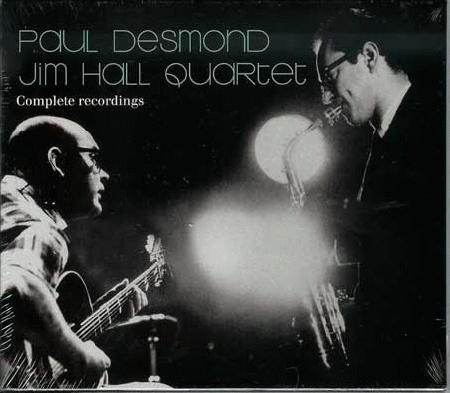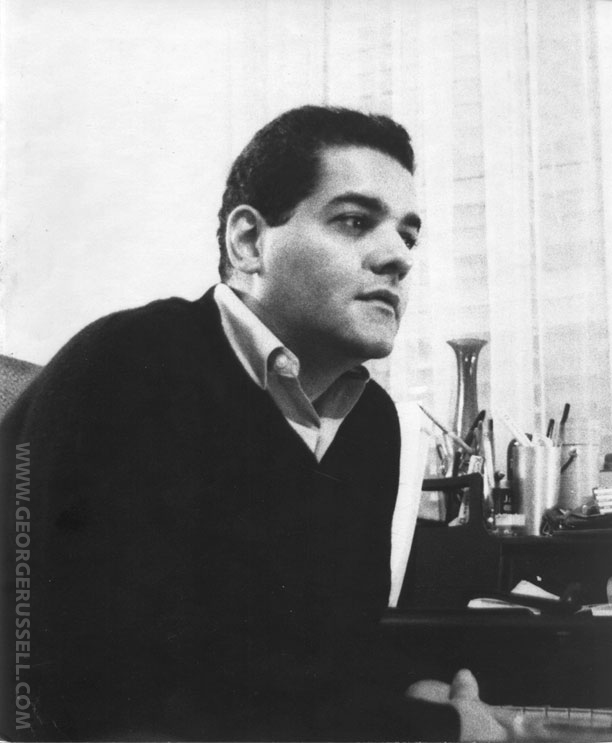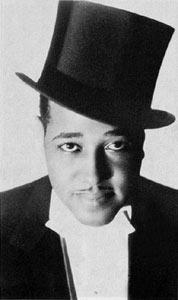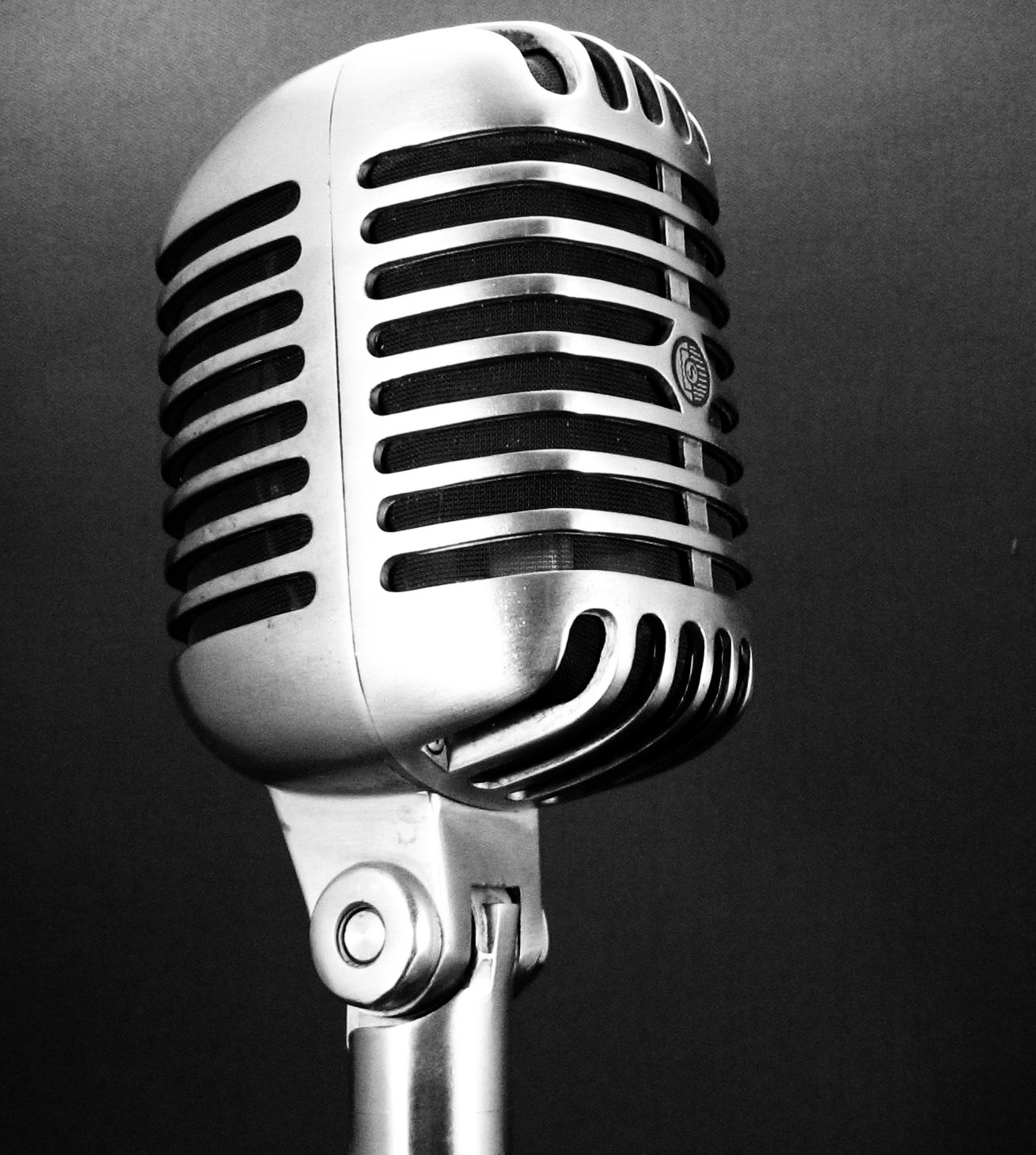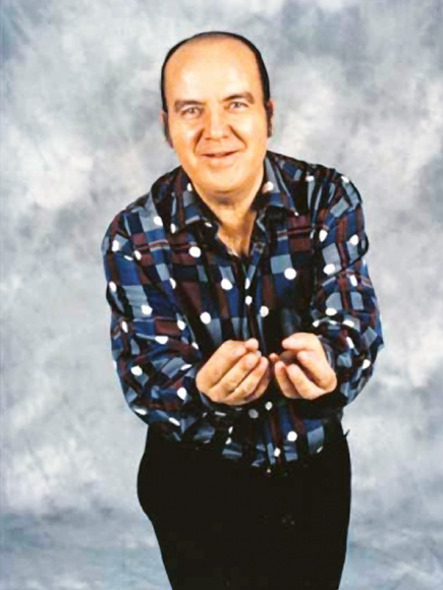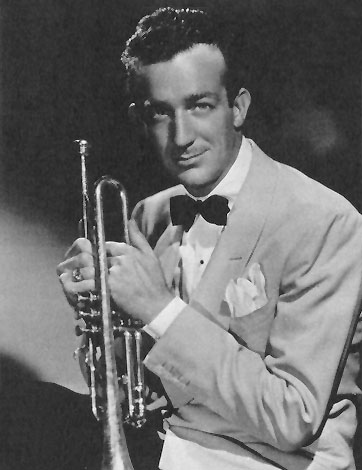Just a quick note to share the news that James Moody is ill with cancer. See
this article; if you want to send him a message, you can do so through his
Facebook profile.
Moody is a treasure. I saw him live at the Barbican six years ago, with a Dizzy Alumni band. To be honest, he's a soloist I took for granted, friendly, and cuddly as he looks, but he truly shocked me as the most adventurous soloist of the night.
Below there's a video where Moody speaks about how his "I'm in the Mood for Love" came about. To my ears, there's quite a bit of Bird in his solo; for instance, the bit that goes "oh, baby, you make me feel so good..." is typical Parker (it appears in "Moose the Mooche", 0:54
here), and "am I insane or do I really see heaven in your eyes?" is sung to the melody of "Country Gardens", an English(!) song that Bird used regularly as a coda.
Given the many times his solo has been sung and recorded (by
Amy Winehouse, among others), Moody's solo may have been the main vehicle for Charlie Parker's music, albeit second- or third-hand, to have reached the cultural mainstream.
More importantly, Moody has brought joy and good music to the world consistently for over sixty years. Let us celebrate him, and let him know it.
~~~~~~~
Como se relata en
este artículo, el saxofonista James Moody tiene cáncer de páncreas y ha renunciado a la quimio y la radio (su mujer, Linda, invita a los
fans a escribirle a través de su
perfil en Facebook). Por mucho que sea ley de vida, este tipo de noticias no dejan de ser menos impactantes, aun más en el caso de Moody. La única vez que le he visto en directo, en Londres hace seis años, con una
big band de ex subalternos de Dizzy Gillespie. Moody debía de ser de los más veteranos de la banda. Lejos de su imagen afable y simpaticona, cada vez que se llevo el saxo a la boca fue, de lejos, el solista más sorprendente de la noche.
Aunque no se le incluya entre los "grandes", este saxofonista y flautista parcialmente sordo(!), cuya carrera está indeleblemente unida a la de Dizzy Gillespie desde en 1946 (que se dice pronto). En 1949, ¡en Suecia!, grabó una versión de "I'm in the Mood For Love" que no sólo ha pasado a la historia, sino que es un curioso artefacto cultural: con letra de Eddie Jefferson, King Pleasure grabó (con Annie Ross) el solo de Moody nota por nota y lo convirtió en piedra de toque del estilo
vocalese.
En su solo, Moody apenas se apoya en la melodía original y tira bastante de la fraseología de Charlie Parker. Dos ejemplos, donde la letra de Jefferson dice
"oh, baby, you make me feel so good..." (2:06 en el vídeo), la música es una frase recurrente de Charlie Parker que aparece en su "Moose the Mooche" (0:54,
aquí); donde dice
"am I insane or do I really see heaven in your eyes?" (0:39 en el vídeo), la melodía es una frase aún más recurrente: se trata de "Country Gardens", una canción tradicional ¡inglesa! que Bird solía usar como coda.
Lo de artefacto cultural lo decía porque, teniendo en cuenta la cantidad de versiones que hay de este tema, incluida la de
Amy Winehouse, no deja de tener su gracia que sea, probablemente, el medio por el que más gente ha escuchado algo de Charlie Parker, aunque sea de tercera mano.
En el vídeo del fondo, Moody relata la historia de la grabación, como estaba en París y le invitaron a grabar doce temas en Suecia (país que ya en 1949 había disfrutado del
bebop de primera mano con Chubby Jackson y Dizzy Gillespie). Como suele pasar -lo mismo ocurrió con el "Body and Soul" de Coleman Hawkins- "Mood for Love" fue el último tema de la sesión, grabado sin arreglos y con Moody estrenandose con un saxo alto. Él mismo explica en el vídeo que su instrumento habitual era el tenor, y que las primeras frases suenan como suenan porque estaba tanteando para encontrar las notas que quería.
Lo que realmente importa es que Moody no ha fallado en llevar alegría y buena música al mundo durante más de sesenta años. Celebremos su existencia y su obra, y que él lo sepa.
(En esta lista de Spotify hay música relacionada con esta entrada)







